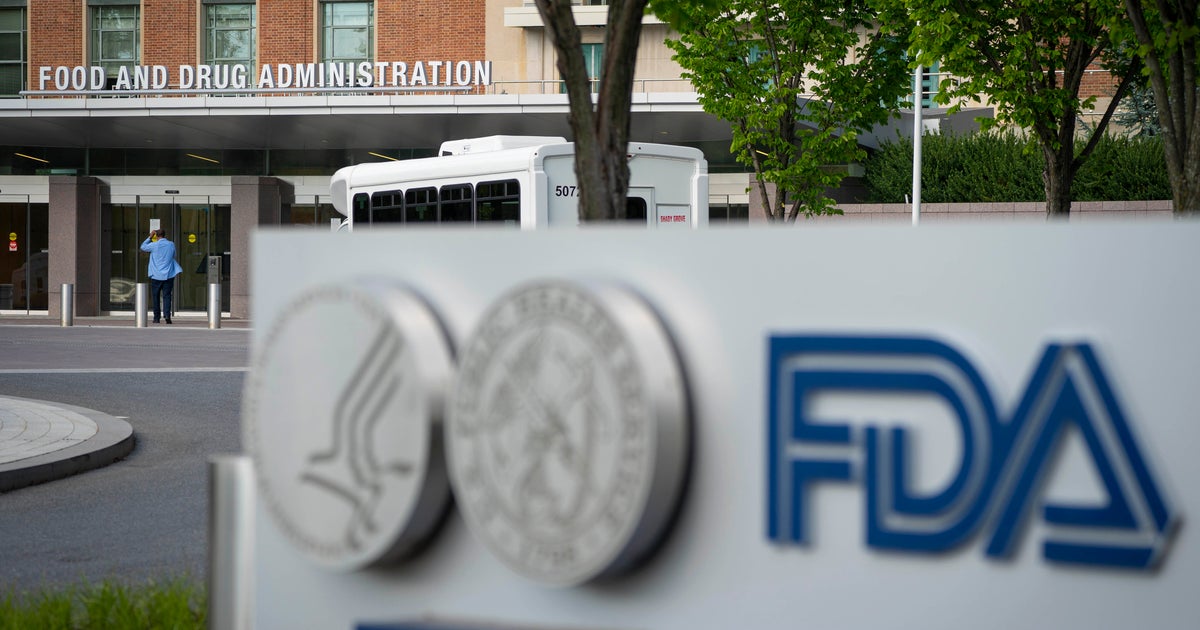Pumpkin everything is back earlier than ever. Here's what it means for your health.
It's still summer, but pumpkin season is already here, with Starbucks rolling out its 2024 fall menu featuring pumpkin spice lattes earlier than ever.
As more pumpkin-inspired products hit the market, experts say consumers should be aware that the impact they have on your diet can vary greatly. While some popular pumpkin spice flavored items are high in sugar, the seasonal squash itself is actually a superfood.
"Pumpkin offers a unique combination of nutrients that have powerful effects on brain health, primarily through its rich content of antioxidants, vitamins and minerals," nutritional neuroscientist Timothy Frie told CBS News.
Antioxidants like vitamin A and C found in pumpkin, for example, can help protect our cells from damage.
Julia Zumpano, a registered dietitian at Cleveland Clinic, previously told CBS News that pumpkin is also high in fiber, which helps with blood sugar management, keeps you feeling satisfied and aids in gut health and digestion.
"(Pumpkin) can also help lower bad levels of cholesterol, (and) it's very low in calories," Zumpano said.
"Pumpkin contains betacarotene, which is converted into vitamin A, which can be used in the body for multiple great benefits with skin and immunity," she added. "We also know potassium can help lower blood pressure."
Healthy ways to eat pumpkin
Looking to incorporate more pumpkin into your diet? It can be roasted, pureed into soup, or incorporated into muffins, breads or pancakes.
If you're using a whole pumpkin, don't throw away the seeds!
"Pumpkin seeds are particularly beneficial due to their high levels of magnesium, zinc, iron, and tryptophan. ... Tryptophan, an amino acid found in pumpkin seeds, is a precursor to serotonin, a neurotransmitter that regulates mood, sleep, and appetite," Frie said. "By promoting optimal serotonin levels, pumpkin seeds can help improve mood stability, reduce symptoms of depression and enhance sleep quality."
They also contain fiber, protein and are also a good source of vitamin E, Zumpano said.
You can snack on the seeds on their own or add them to salads, oatmeal or yogurt for a nutrient-packed crunch.
If you're using canned pumpkin, look for no added ingredients on the label.
"Together, these nutrients in pumpkin and its seeds provide comprehensive support for brain health, from protecting against oxidative stress and inflammation to enhancing mood and cognitive function," Frie said.
Pumpkin products packed with sugar
Don't expect to find all those health benefits of pumpkin in some pumpkin spice flavored foods.
"They may not actually contain a significant amount of pumpkin," Zumpano said, adding they can also contain a lot of sugar and fat.
A grande, or 16 ounce, pumpkin spice latte from Starbucks, for example, has 390 calories, 50 grams of sugar, 14 grams of fat, and none of the fiber you'd get from eating pumpkin in its more natural state.



